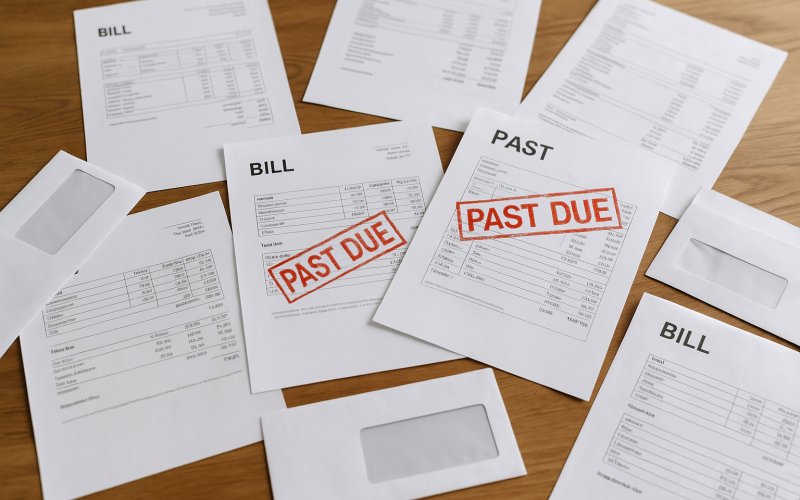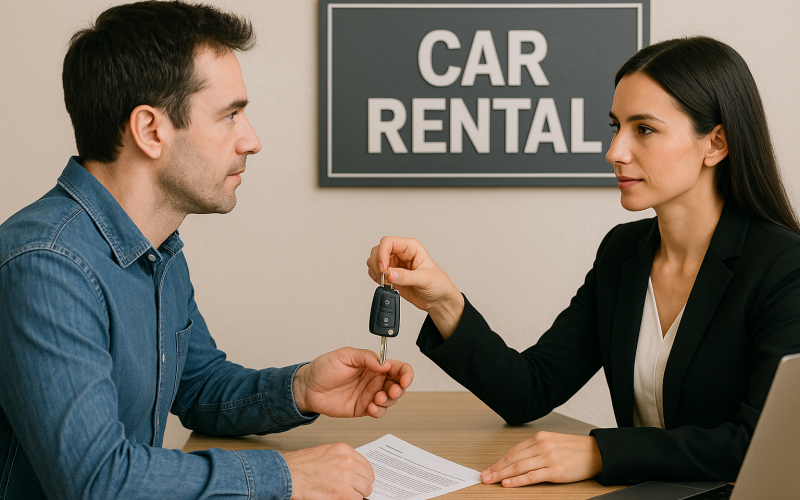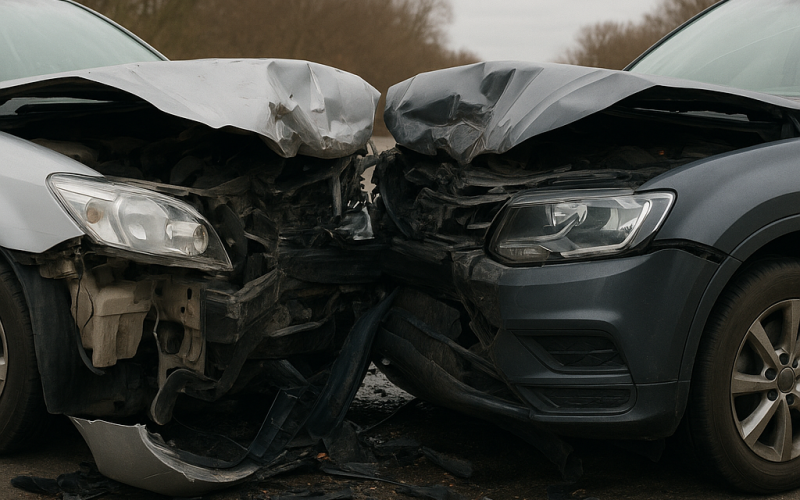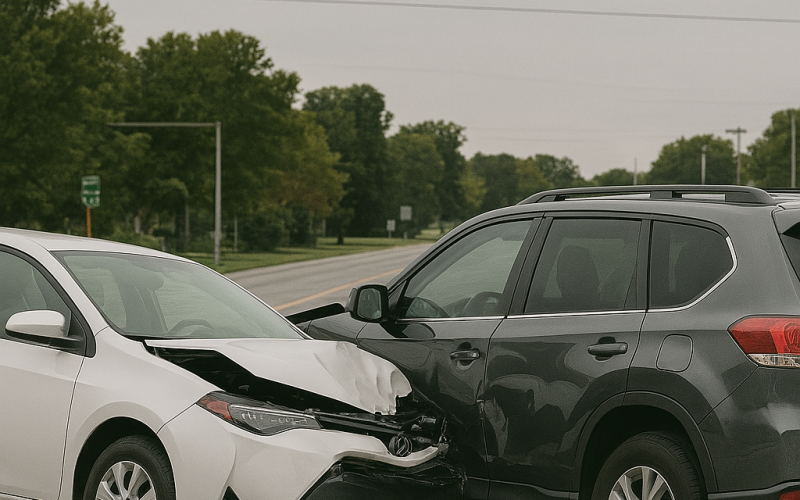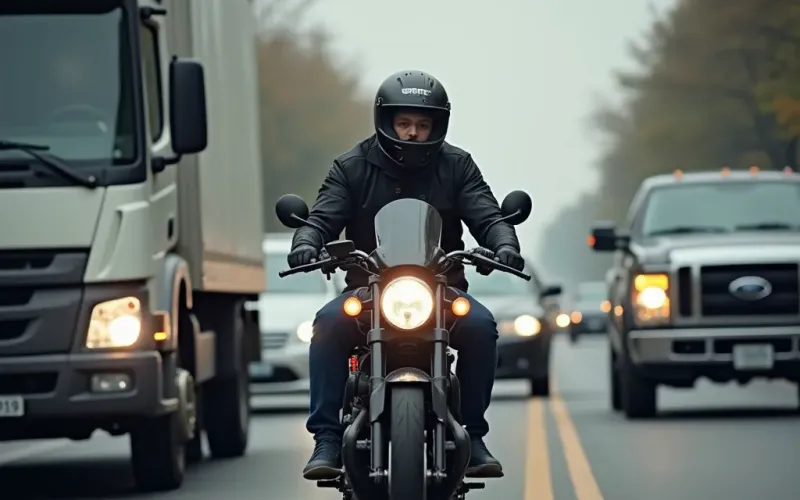Do You Have to Call Police After a Minor Car Accident
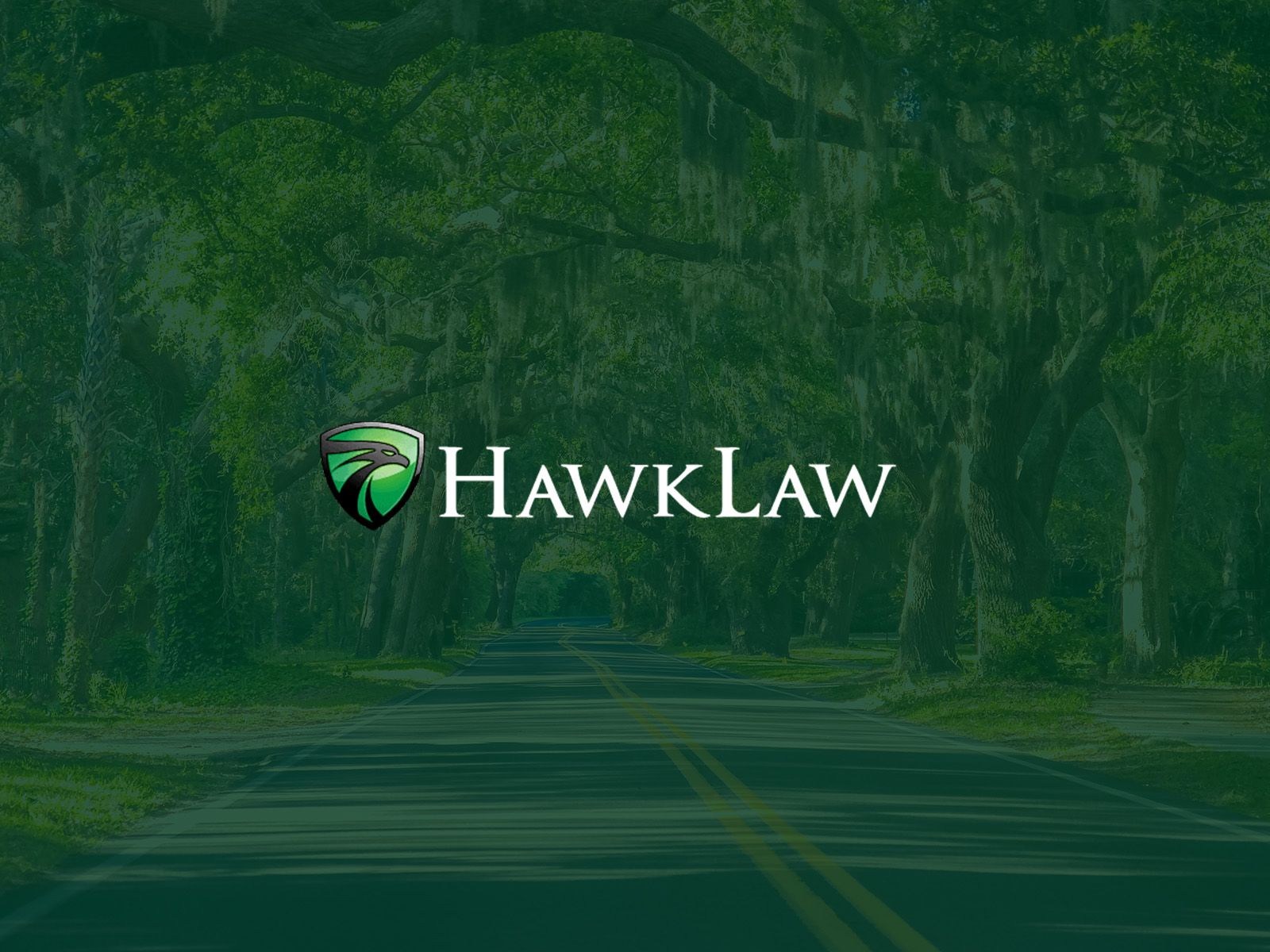


Car accidents, even the most minor ones, can shake you up enough that you forget what needs to be done. Even if you are feeling okay and the damage looks minor, you often will not truly know the full impact of an accident until later. At that point, it might be too late for you to receive any compensation to cover medical bills, lost wages, or other financial and medical care issues that emerged as a direct result of the accident.
If you suffer a car crash in South Carolina, it is always best to call the police to the scene so you have their report as official documentation of what transpired. A police report proves helpful if later you hire an attorney to file a personal injury suit against the other driver, especially if you discover your injuries and property damages were not as minor in the crash as initially believed. Official reports also typically prove to be critical evidence for your South Carolina accident lawyer to use in your accident injury case.
If you or a loved one were involved in any kind of auto accident, HawkLaw, P.A. can help. To request a free* consultation, call 888-HAWKLAW today.
Do You Have to Call Police After a Minor Accident
In South Carolina, it is not required by law to call the local police for a minor accident, such as a fender bender.
Should You Call The Police For a Fender Bender
Most car accident attorneys will highly recommend calling the police after a minor car accident.
What Happens if You Don’t Call The Police After an Accident
On the surface, any property damage done to your car may not appear to be over $1,000, but you might later discover the damage is far more costly. Modern cars can’t simply be dented out, sanded, and painted; most of the time, car panels, bumpers, and other pieces must be completely replaced, which can be extremely costly, even for minor damages. A copy of the police report can prove to be very useful if this occurs.
Should You Call Your Insurance Company After a Minor Accident
Yes. An insurance adjuster could deny you any sort of compensation if you file later on that you sustained injuries in a crash since you did not gather evidence or have police report for. The incident report filed by the police department contains all the key factors required when filing a car insurance claim. Details at the scene of the accident will include but are not limited to: the date, location, time, parties involved, driver statements, and contact information for witnesses.
A law enforcement officer will also record in an accident report any other factors that may have contributed to the minor motor vehicle accident such as wet roads, bad weather, poor lighting, potholes, or anything else that could have caused an impact.
What Information Do You Need From the Other Driver If You Do Not Call the Police?
Under certain circumstances (e.g. minor collisions in parking lots), police may ask the people involved in a minor accident to exchange information at the scene of an accident. Here is what you will want from the other driver:
Full Name and Contact Info
Obtain the other driver’s full name and contact information, including address and phone number. Chances are their insurance company will ask for this information when you call them to file a car accident claim.
Insurance Company and Policy Number
All drivers in South Carolina are required to carry liability and uninsured motorist coverage. Take a photo of the other driver’s insurance policy card if possible. If not, ask them for the name of their insurance company and their policy number.
Make, Model, and Year of the Car
Note down the other car’s make, model, and year. This is also information the other driver’s insurance company will ask for when a claim is filed.
Driver’s License
Unfortunately, unlicensed drivers sometimes offer fake information to avoid getting in trouble. Ask the other driver for their driver’s license information so you can copy it down.
License Plate
Write down the license plate number and/or take a photo of it to have as proof later on.
If the other driver refuses to share their driver’s license or insurance information, consider this a red flag. Call the police and insist they stay until law enforcement arrives and let the police extract the information to see if the other person was actually licensed to drive. If you experience a hit-and-run traffic accident, always call authorities.
How Long Do You Have to Report an Accident in South Carolina?
In South Carolina, if injuries or damage exceeds $1,000 and the police were not called, you have fifteen (15) days to submit a report to the Department of Motor Vehicles (DMV) in accordance with SC code 56-5-1270.
Can You Still File a Police Report Days After a Car Accident?
State law outlines if you are seeking to obtain a police report, it needs to be done within 24 hours from the time the accident occurred. Otherwise, you have fifteen (15) days to file an accident report with the DMV.
What Is the Difference Between a Police Report and an Accident Report?
While often confused, there are some key differences between a police report and an accident report. A police report created at the scene of an accident will usually establish fault. This report can be used later for insurance companies and if you plan to file a suit against the other driver. An accident report is a document filed with the DMV; a police report will usually generate a DMV report. The latter is only required if the police were not called to the scene of the crash. If you fail to file the accident report, you could have your license suspended or face criminal penalties.
Minor Accidents Can Still Be a Major Headache
On the surface, minor accidents might not seem like a big deal, but in the end, they can turn into a major headache. If you or a family member were involved in a minor crash, it is a good idea to obtain a legal consultation from an experienced personal injury attorney, especially if you begin to suffer pain or learn the damage to your car is far more costly than you anticipated.
To request a free consultation*, call 888-HAWKLAW or complete the online contact form to speak with a member of our law firm today. HawkLaw Fights to Win, and our car accident lawyers promise to offer sound legal advice and stand with you every step of the way.
John D. Hawkins
John Hawkins is the Founder and CEO of HawkLaw He has been licensed to practice law in South Carolina since his graduation with honors in 1994 from the University of South Carolina School of Law, where he was on the Law Review and Order of Wig and Robe.
-
$3,000,000*SettlementTrucking Accident
-
$1,005,000*SettlementCar Accident
-
$575,000*SettlementPersonal Injury
"*" indicates required fields




